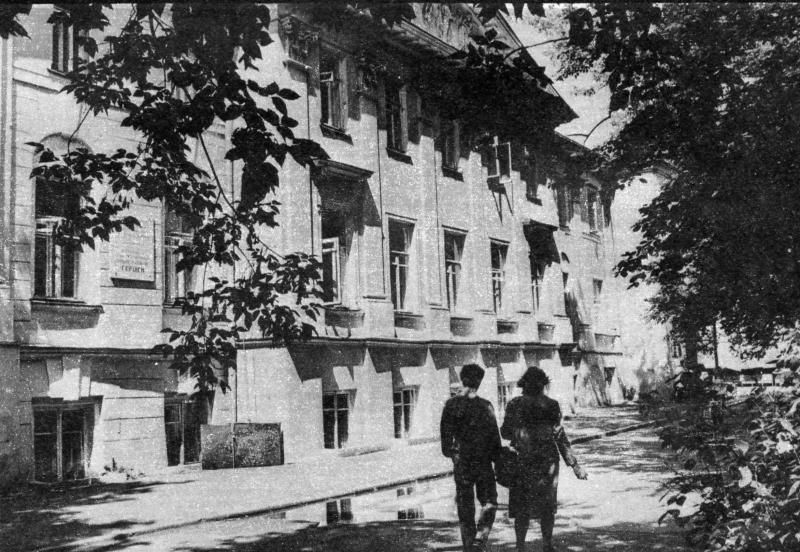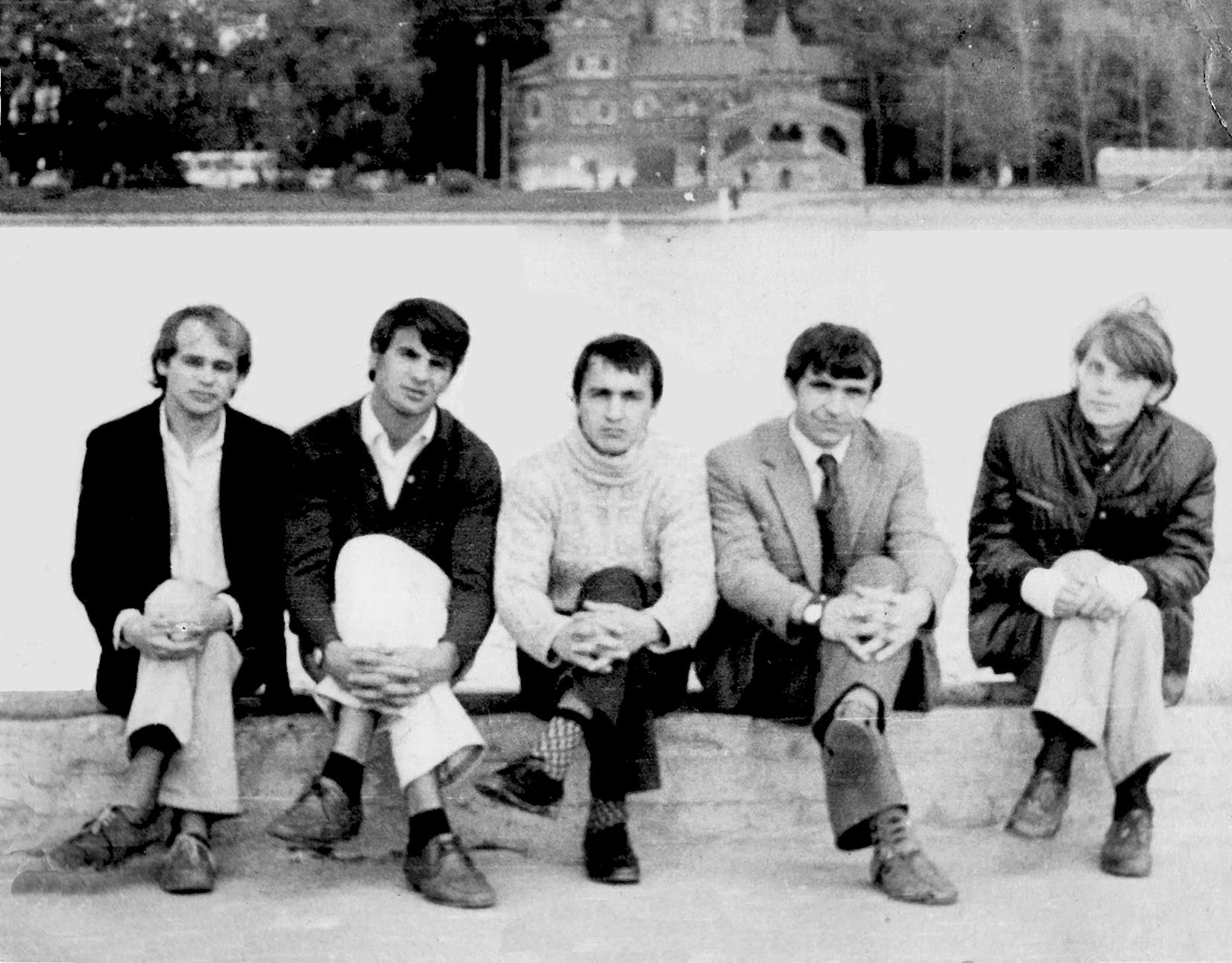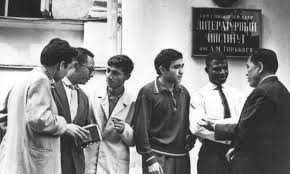The Gorky Literary Institute as a Network
The goal of this project is to visualize the network of students, instructors, translators, and editors who were involved with the Gorky Literary Institute one way or another between 1933 and 1991.
Tanya Iudenich (9th grade of high school, Tashkent) in a personal letter to Stalin (quoted from the institute’s archive: RGALI, f. 6321):
Joseph Vissarionovich!
I want to ask you:
Help me and show it!
How to become
A Soviet poet!!!
Maria Beletskaia (24 years, Stavropolskii region) in a personal letter to the People’s Commissariat for Education Andrei Bubnov2:
…12 years I’ve been racking my brain with vain thoughts, but it won’t help… In my brain there is so much thought, but I cannot put in on paper, and all because I did not study…
The Writers’ Union resolution stated:
As can be seen from the second excerpt, the girl still does not have a good command of the Russian language. In her letter there are many spelling mistakes, but she has a great desire for knowledge.
People wanted to learn! The workers of the numerous literary clubs (litkruzhki) had a strong desire to make their contribution to the socialist construction by creating of high-quality artistic works, they wanted to reflect in literature the heroic struggles of the builders of socialism. But there was one problem: workers lacked culture and literary technique. That is what motivated (at least officially on paper) the Soviet Writers’ Union to organize the Evening Workers’ Literary University, VRLU3 in Moscow in 1933. The enterprise turned out to be enormously successful: its predecessors could not last more than 4-5 years, but VRLU survived the purges, it survived the war, in 1946 it was renamed the Gorky Literary Institute, and it still exists today under the same name after nine decades and the education of countless celebrated authors.



Some of the Gorky Institute’s graduates became renowned stars of world literature, others were satisfied with humble positions of editors in regional publishing houses and newspapers, while the rest of them abandoned the hopes of becoming writers and drastically changed their career. In the scholarship the Gorky Literary Institute is usually mentioned in passing in biographies of celebrated authors, but the Institute’s students and graduates, famous and unknown, commemorated and forgotten, are never discussed as a coherent group. The main goal of this project is to construct a database of students, instructors, translators, and editors who were involved with the Gorky Literary Institute one way or another, visualize the network of all related agents and examine the literary connections and coalitions, as well as symmetric and asymmetric relations between actors which grew out of the Institute.
The main research question that this project is trying to answer is how the time at the Literary Institute impacted the future career of its graduates. My hypothesis is that their career path depended not only on their talent and political reliability but also on the position of the head of their creative writing seminar in literature and Soviet literary bureaucracy. The lager goal of this project is to demonstrate how network analysis can improve our understanding of the formation of Soviet literary reputations and fame.
The fist visualizations will be shared here in November 2022. The preliminary results will be presented at the ASEEES Convention 2022 in Chicago and at the AATSEEL Conference 2023 (online).
Sources of the database:
- The institute’s archive at the Russian State Archive of Literature and Art (RGALI, f. 632).
- Tikhonenko B. (ed). Oni uchilis’ v Litinstitute. Materialy k biobibliograficheskomu spravochniku studentov dnevnogo i zaochnogo otdelenii i slushatelei Vysshikh kursov Literaturnogo instituta im. A. M. Gor’kogo (1933-2006). Moskva: Literaturnyi institut im. A. M. Gor’kogo, 2006.
- Vospominaniia o Literaturnom institute. Moskva: Literaturnyi institut im. A. M. Gor’kogo, 2008-2013. (In 4 volumes).
Here is the timeline of the institute’ history which will be will be continuously updated.
References
-
Text in the original: “Иосиф Виссарионович! / Я хочу Вас просить / Помочь мне в этом, / Чтобы стать настоящим / Советским поэтом!!!” ↩
-
Also from the institute’s archive. Text in the original: “…12 лет ломаю голову напрасными мыслями, а толку нет… В моем мозгу так много мысли, но пером изложить не могу, а потому, что не училась…” ↩
-
Vechernyi rabochii literaturnyi universitet, predecessor of the Gorky Literary Institute. ↩